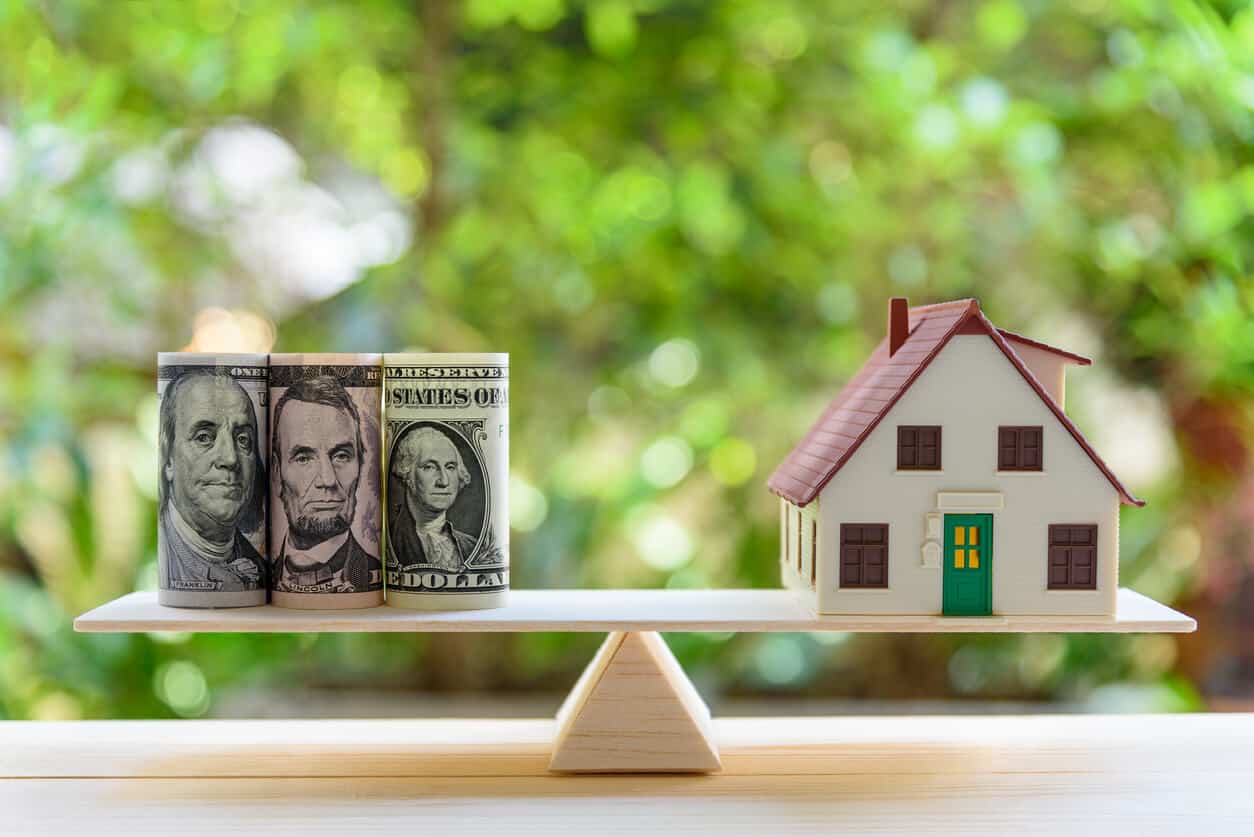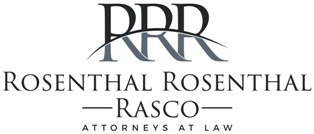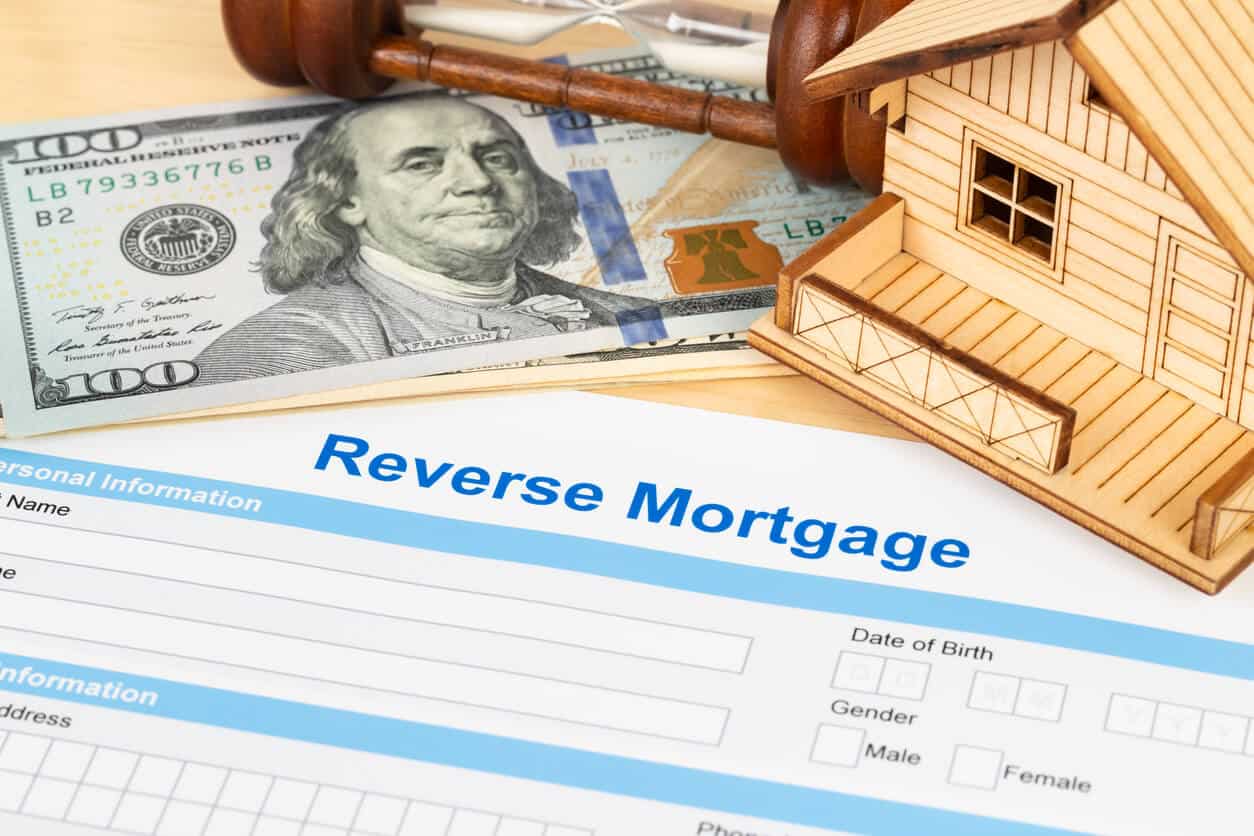How Does Reverse Mortgage Interest Work?
A reverse mortgage loan is a great way for senior homeowners to access the unencumbered value of their property. These loans do not require monthly payments from the borrower, but the monthly interest accrues to the loan balance at the end of each month.
When deciding on a reverse mortgage loan, it is crucial for you to understand how reverse mortgage interest rates are calculated and how they work. Having a strong legal professional with experience in reverse mortgage loans and real estate by your side is always a good idea.
Interest Rates on Reverse Mortgage
Interest on reverse mortgage loans work similarly as interest on any loan – they are charged on the amount of money you get from your loan.
However, with one difference – you do not pay any monthly installments and interest, which are deferred to the end of your loan. Therefore, the interest accrues monthly to the total amount you owe to the lender.
When is the Reverse Mortgage Loan Due for Payment?
A reverse mortgage is not due as long as you meet the loan obligations. The entire loan and interest are repaid when the reverse mortgage loan matures.
These Events Typically Trigger Loan Maturity:
- borrowers pass away
- homes are sold
- borrowers move
- not being able to pay taxes and homeowner’s insurance
- not being able to comply with all the loan terms
Some of these events can cause a loan default and may result in foreclosure.
The longer the borrower lives in the house, the more of the home value will go to the payment of the reverse mortgage. However, the owner can never owe more money to the lender than the home is worth.

How are Reverse Mortgage Interest Rates Calculated?
There are two basic types of reverse mortgage interest rates:
- Fixed interest rates – the fixed rate is an interest rate that remains constant throughout the life of a loan. These rates are usually determined by investors or government agencies, with the intention of keeping them stable. There are multiple factors that determine an actual interest rate for your loan.
- Variable interest rates – these rates adjust annually or monthly, and they have two elements:
- Index – reverse mortgage rates can be attached to one of the two indexes, the London Interbank Offered Rate (LIBOR) or the Constant Maturity Treasury rate (CMT)
- Margin – is the amount added to the Index, it is determined by the loan investor, and it is used to calculate Expected and Actual interest in any loan. It is not adjustable, it stays the same.
Variable elements of the rates change at predetermined frequencies, in accordance with market-based indexes, and you can choose between monthly and yearly variables.
How High will My Reverse Mortgage Interest be?
As mentioned, your actual interest rate will depend on a number of factors, and so will the amount you will be able to borrow.
- Index and Margin value
- your home’s appraised value
- your age
- life expectancy
- expected years in the house
- an existing mortgage
To make sure you fully understand the terms and conditions of your reverse mortgage loan, contact us. At Rosenthal Rosenthal Rasco, we provide experienced and professional counseling in negotiating and closing your loan agreement.
Author: Heather A. Scott

